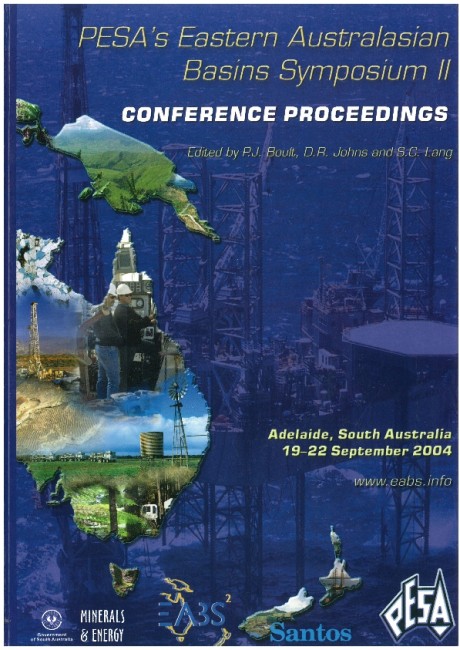Publication Name: PESA's Eastern Australasian Basin Symposium II
Authors: J. Bradshaw
Date Published: December 2004
Number of Pages: 18
Reference Type: Book Section
Abstract:
There has been a marked shift amongst scientists in the international arena over the last decade as to the likelihood that anthropogenic emissions of C02 are affecting the world's climate. Not all scientists are necessarily convinced, quoting geological data to support their opinion. Can we afford to wait to get absolute proof and settle the debate with those not yet persuaded? Are there options now that may be environmentally responsible, whilst also making economic sense for our future?Irrespective of the climate debate, there are other reasons to start to seriously consider our options. Some scientists believe that within our lifetime the oceanic uptake of C02 from the C02 enriched atmosphere, with the subsequent reduction of the pH of the oceans, may mean that the ecosystems of the world's oceans will be seriously affected. Technologies such as generation of energy through Integrated Gasification Combined Cycle (IGCC) power plants and proposed coal to liquids operations, might be a long term goal, especially if they simultaneously produce pure C02 that can be captured more economically, reduce overall emissions of pollutants, and provide a lead into a hydrogen economy.
If low emission technologies that capture C02 at the source are to succeed, and so provide a more sustainable energy industry, then places for storing very large volumes of C02 will need to be defined, tested and proven. Petroleum geoscientists, have the skills and knowledge to identify C02 storage potential. If industry is to successfully operate in a new carbon constrained world, then geoscientists will have to play a vital role in the exploration, development, operational and monitoring phases of C02 sequestration.


